0% Financing Available
Should You Upgrade Your Electrical Panel Before Summer?
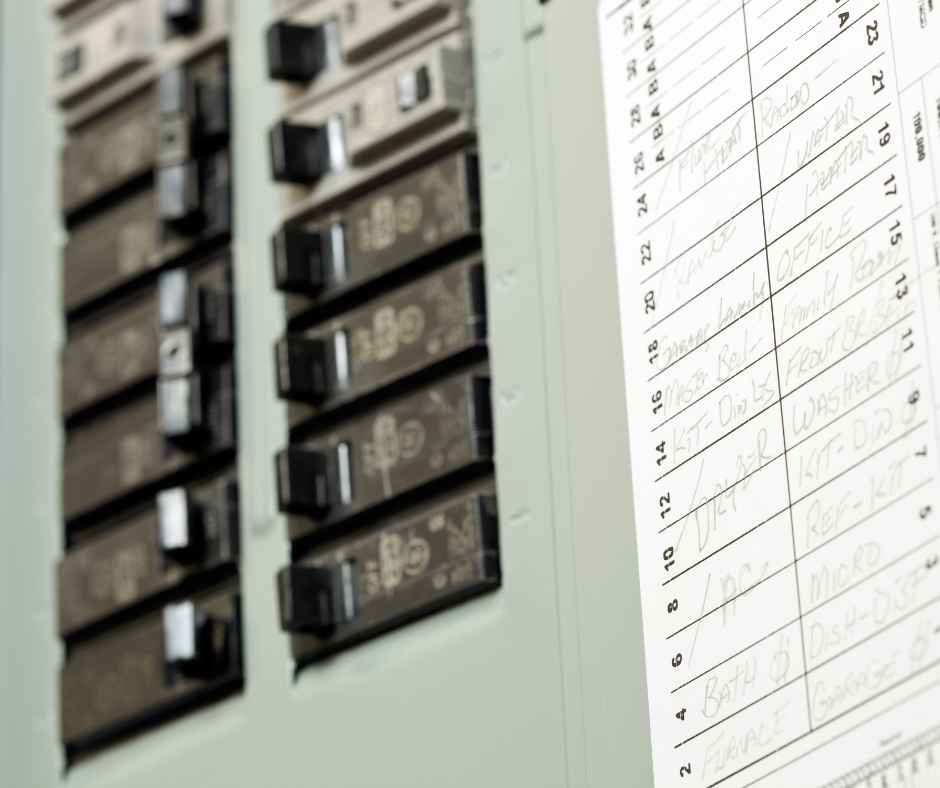
When summer rolls in, so does a dramatic spike in household energy use. Air conditioners start humming around the clock, ceiling fans whirl non-stop, and outdoor features like pools, kitchens, and entertainment systems kick into high gear. It’s the season when your home’s electrical system works its hardest—and for many homeowners, it’s also when hidden weaknesses start to surface.
The question is: Is your electrical panel equipped to handle the load?
If your panel is outdated, undersized, or simply not performing the way it should, summer could bring more than just warm weather. It could bring electrical strain, safety risks, and costly disruptions. In this blog, we’ll cover how to recognize when your panel needs an upgrade, what to expect during the process, and why acting now—before the hottest days hit—is one of the smartest moves you can make.
Why Summer Pushes Electrical Panels to the Limit
Think of your electrical panel as the central nervous system of your home’s power supply. Every outlet, appliance, and light switch draws energy from this hub. During summer, that demand surges—and if your panel is already running close to capacity, it may not take much to overload it.
Air conditioning systems, whether central, ductless, or window units, require significant electricity to cool your home. Add ceiling fans in every room, outdoor lighting, grills, mini-fridges, and pool equipment, and the demand on your panel escalates quickly. It’s also worth noting that more people tend to stay home in the summer—kids are out of school, and many families work or entertain from home—leading to even more devices and appliances in constant use.
And summer isn’t just about sunshine. It’s also storm season, with frequent thunderstorms that increase the risk of surges and outages. These surges can damage electronics and appliances—or worse, spark electrical fires in vulnerable systems.
If your panel wasn’t designed for this level of usage, it could become a liability.
How to Tell If Your Electrical Panel Needs an Upgrade
Not every issue is as obvious as a complete power outage. In fact, some of the most telling signs of an overburdened or outdated panel can be easy to overlook until problems start piling up.
You might notice frequent breaker trips, especially when running large appliances at the same time. Lights that flicker or dim when the AC kicks on can signal a panel that’s straining under load. Buzzing sounds from your panel or outlets that feel warm to the touch are also red flags, potentially indicating internal wear or overloaded circuits.
And if your home still relies on a fuse box or has a panel that’s more than 25 years old, it’s time for a serious evaluation. Older panels not only struggle with today’s energy demands—they also lack the safety features and circuit capacity of modern systems.
If you’re seeing any of these signs, don’t wait until mid-July to find out your system can’t keep up. A licensed electrician can inspect your panel and determine whether it’s safe, sufficient, or overdue for replacement.
Why It’s Smart to Upgrade Before Summer
Investing in a panel upgrade before the heat hits isn’t just a preventive measure—it’s a proactive improvement that brings a long list of benefits.
For starters, a new panel provides the capacity your modern appliances need to operate safely and efficiently. It helps prevent overheating wires, electrical fires, and the frustration of constant outages. You’ll also gain peace of mind knowing your system can handle high-load periods—like when your AC, washer, and outdoor lighting are all running at once.
Upgrading now also sets you up for future convenience. Planning to install a new EV charger, hot tub, or home automation system? A new panel ensures you have the flexibility to grow without needing another costly overhaul down the line.
And let’s not forget resale value. A home with a newer electrical panel is more attractive to buyers and often commands a better price—especially in competitive summer markets.
What to Expect During an Electrical Panel Upgrade
The thought of rewiring your home might seem daunting, but upgrading your panel is usually quicker and less disruptive than most homeowners expect. When done by professionals like the team at Chesapeake Electric, the process is streamlined for efficiency and safety.
First, your electrician will inspect your current panel and evaluate your home’s energy usage to determine your required capacity. If permits are needed, they’ll be secured in compliance with local building codes.
Then comes the actual upgrade. Your old panel will be safely removed, and the new one installed, with circuits clearly labeled for future ease. The technician will test the system thoroughly to ensure everything is running properly—and in many cases, this entire process can be completed in just one day.
It’s an efficient way to upgrade your home’s backbone—and one that pays off with safer, smoother power delivery for years to come.
Could a Subpanel Be the Better Solution?
In some cases, your main panel may still be in good shape but simply lacks enough circuits to support new appliances or additions. If that’s the case, installing a subpanel can offer a practical alternative to a full replacement.
Subpanels are often used when homeowners add living space—like a finished basement, home office, or backyard guest suite—or when they install high-demand systems like electric car chargers, home gyms, or pools. They allow you to add circuits without overloading your primary panel, and can even be used to divide circuits between floors or wings of your home for easier management.
If you’re unsure whether you need a full panel upgrade or just an expansion, your electrician can help you make the right call based on your home’s layout and power needs.
Keeping Your Electrical System Running Smoothly in Summer
Already have a reliable panel? Great. Now it’s time to make sure your system stays efficient and safe through the hottest months of the year.
Avoid overloading outlets with multiple high-wattage devices, and never use extension cords as a long-term solution. Be mindful of where and how you use power outdoors—especially with pools, grills, or lighting systems. It’s also smart to schedule a mid-year electrical safety inspection to catch any emerging issues before they escalate.
Here are a few additional best practices:
- Install whole-home surge protection to safeguard appliances from storm-related voltage spikes
- Unplug sensitive electronics during major storms to prevent damage
- Replace outdated outlets with GFCI or AFCI-protected models for increased safety
- Use dedicated circuits for large appliances to prevent breaker overload
With some preventive care, your electrical system can stay strong all summer—and beyond.
Wrap-Up: Stay Cool and Safe With Chesapeake Electric
Summer brings plenty of reasons to celebrate—longer days, warmer nights, and more time spent enjoying your home. But with those perks comes greater strain on your electrical system. If your panel is showing signs of age or struggling to keep up, upgrading now can prevent stress, breakdowns, and safety hazards later on.
Chesapeake Electric offers professional electrical panel inspections, upgrades, and custom solutions tailored to your home’s specific needs. Whether you need more power for your AC and pool, or want to future-proof your system for smart home features and electric vehicles, we’re here to help you do it safely and efficiently.
Contact Chesapeake Electric today to schedule your electrical panel inspection or upgrade—and enjoy a cooler, worry-free summer with power you can count on.
Recent Posts
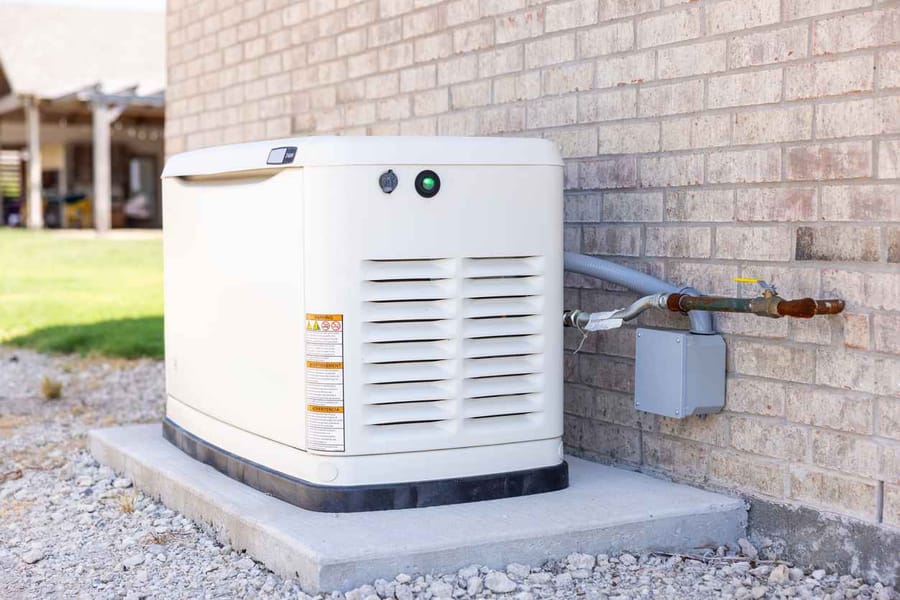
December 19, 2025

December 19, 2025
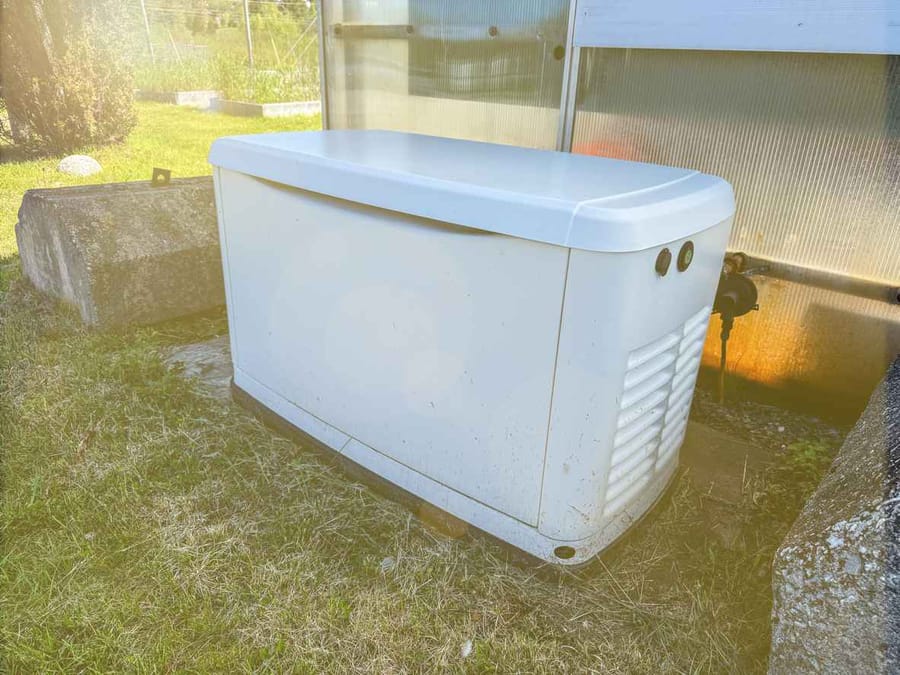
December 19, 2025

December 19, 2025
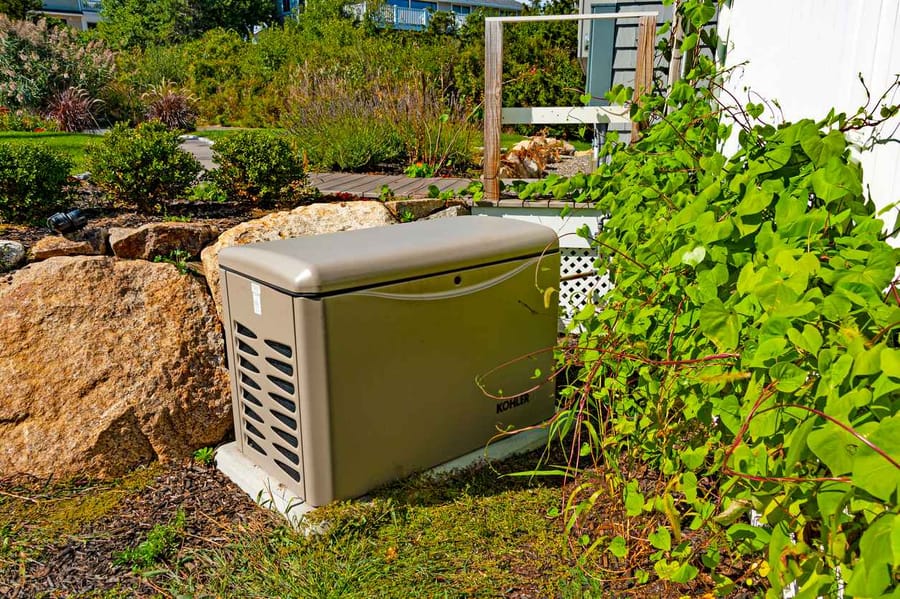
November 21, 2025

November 21, 2025
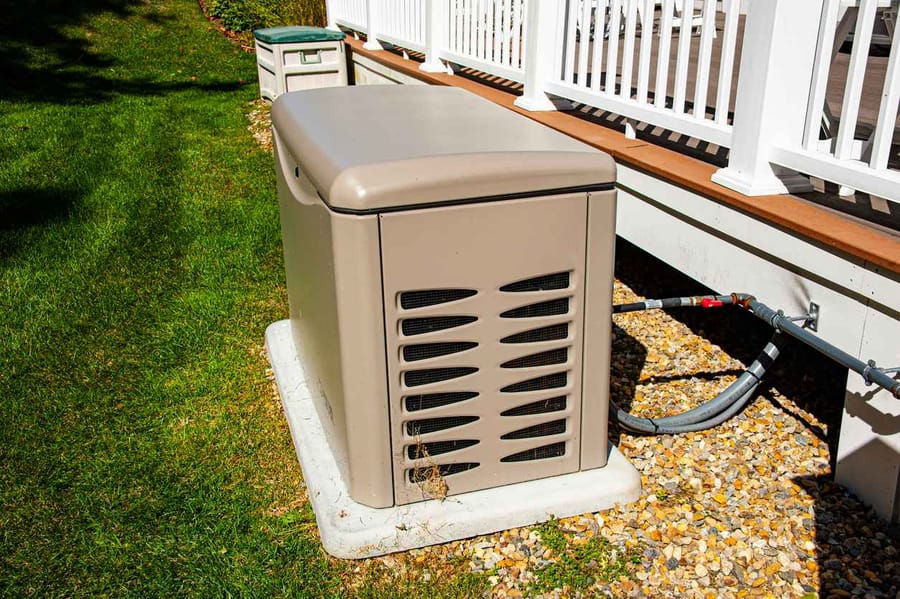
November 21, 2025